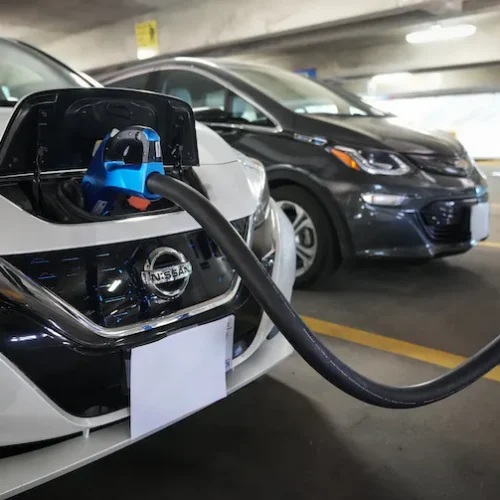If Cop28 didn’t exactly signal the end of fossil fuels, it did at least mark the start of the end with the declaration calling for them to be phased out. The most visible impact of this for households will involve how they heat their homes and what’s parked outside it.
EVs (Electric vehicles) represent a future that’s coming ever closer. As well as helping to avoid climate catastrophe this move will significantly improve air quality in urban areas. Despite a lot of orchestrated misinformation ULEZ schemes are proven to make a difference to air quality and health.
A study published in the journal Atmospheric Pollution Research in August 2022, examined the impact of ULEZ in London during its first year, finding a cut in nitrogen dioxide concentrations of about 12% inside the zone compared with the year before its implementation.
Zero emission vehicles obviously have the biggest impact on air quality. Sales growth has been steady with around 16% of new vehicle sales in the UK currently being Battery Electric Vehicles (BEVs). Cost and convenience are the biggest factors determining the growth rate.
Aside from legislation eventually banning their sale, growth is likely to accelerate for several reasons:
- Prices will come down as production becomes more mainstream.
- Technology advances will reduce battery costs and weight as well as improving range.
- Manufacturers will concentrate new vehicle developments on EVs.
Ernst & Young predicts that by 2030 55% of global vehicle sales will be BEVs or hybrids.
EV Practicalities
In the UK, charging availability is a critical requirement for switching from internal combustion engines to electric power. The recently announced £70m Government investment in expanding ultrafast charging points at motorway service areas is a positive step. But it’s clearly a much bigger task.
For many the issue will be how to charge their EV at or near their home, at the workplace or at other locations outside the motorway network. That’s a complex issue calling for a multi-faceted solution.
Part of that solution will be small footprint car parks that can easily accommodate expanding demand for EV charging points. The modular parking system designed by Octavius and Siderpark does just that.
Find out more through our resource centre.

